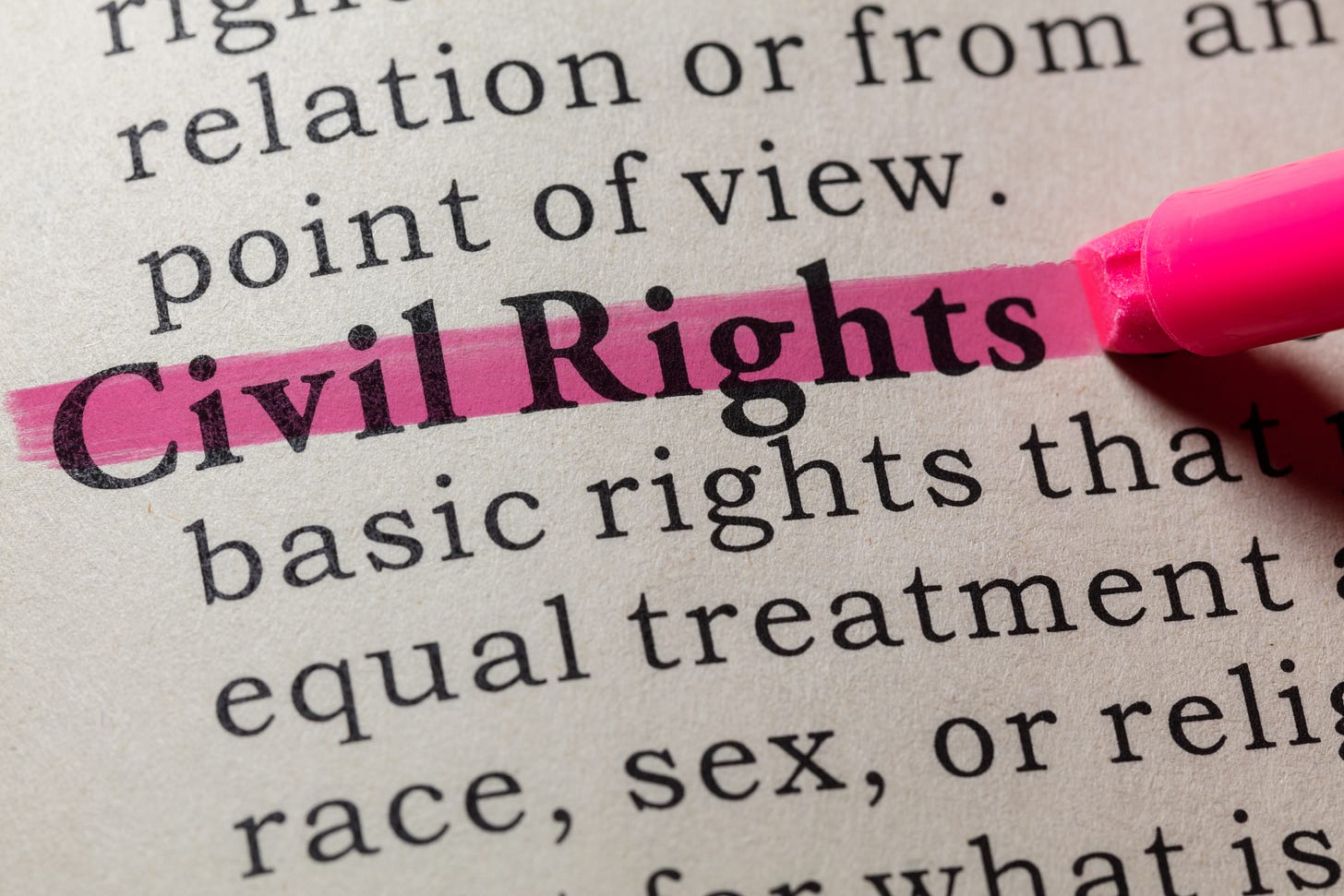E-Pluribus | June 11, 2021
The filibuster debate is about partisanship, men and women might actually be different, and critical race theory is not about civil rights.
A round up of the latest and best writing and musings on the rise of illiberalism in the public discourse:
Christopher Caldwell: Senator Joe Manchin Has a Point
While Democrats label the filibuster a “Jim Crow relic,” Christopher Caldwell writes that Senator Joe Manchin’s implication that the fight over the longstanding procedure is about partisanship, not principle.
For Democrats, the op-ed held more insult than injury. Mr. Manchin’s position has been clear for months. What is new is the grounds for it: Low partisanship, he implied, not high ideals, is the source of his colleagues’ vision.
He has a point.
[…]
You will find good ideas in the Democrats’ bills (like making Election Day a national holiday, and backing up electronic ballots with paper ones, to facilitate recounts) and just as many in the Republicans’ (Texas’ bans the public funding of third-party ballot distribution). What you won’t find is a single innovation that works against the partisan interests of its sponsors. When Mr. Manchin writes in his op-ed that the argument over voting rights “is not about finding common ground, but seeking partisan advantage,” he does not lack for evidence.
Read the whole thing.
Scott Yenor: Flying the Misogynist Skies?
In response to a United Airlines “diversity” initiative, Scott Yenor writes that perhaps we as a society just need to consider the possibility that “alternative explanations” besides discrimination, harassment and misogyny may exist to explain the imbalance of men and women in various professions.
Attracting women to flying has proven difficult. According to Mireille Goyer, the president of the Institute for Women of Aviation Worldwide (iWOAW), the number of female pilots increased dramatically from 1.6 percent in 1960 to nearly 6 percent in 1980. That number has since stalled, rising only to 7 percent by 2017. The total number of female pilots, professional and private, has hovered between 5 percent and 7 percent since 1980. The percentage of female pilots grew during the 1960s and 1970s, Goyer writes, “when a strong feminist message encouraged women to try activities previously perceived as reserved to men.” Since then, women have become lawyers, doctors, air traffic controllers, flight dispatchers, and even aerospace engineers at higher numbers than they used to—but not pilots.
Feminist groups blame discriminatory treatment for the disparity. They cite insufficient outreach to young girls, say that the female disinclination toward mechanics owes to a misogynist educational system, criticize the training environment for failing to offer enough “emotional support” for young women, and argue that female pilots are particularly vulnerable to sexual harassment on the job.
[…]
Despite these efforts, the share of female pilots has never exceeded 8 percent.
[…]
Alternative explanations are needed to explain the disparity. Piloting requires lots of traveling and alone time—something generally less attractive to women, who tend to be more social and to prefer being connected to home more than men. One might reply that over 85 percent of flight attendants are women, but the average flight attendant stays in the job only seven years, suggesting that many drop the profession when it becomes a strain on other priorities. And flight attendants, paid much less, have sunk nowhere near the costs into their jobs that pilots have.
Perhaps most women simply don’t want to be pilots. Men may be more attracted to the dangers and thrills of flying and to the idea that the lives of their passengers are in their hands. Piloting is among the mostdangerous occupations in the country (with a fatality rate between 40 and 60 deaths per 100,000 pilots, behind only logging workers and fishermen), and none of the other dangerous jobs has anywhere close to a majority of females. Over 97 percent of loggers are men, as are nearly 100 percent of fishermen and 99.3 percent of roofers.
Read it all here.
Kenny Xu and Christian Watson: No, Critical Race Theory Isn’t a New Civil Rights Movement. (Just the Opposite)
As conservatives in a number of states continue to target Critical Race Theory (CRT) teaching in school, the question of what exactly CRT is continues to be batted around. Kenny Xu and Christian Watson write at Quillette that one thing CRT definitely is not is a legitimate heir of the civil rights movement.
The civil rights movement was based on a hopeful and optimistic vision of modern Americans turning the country’s ideals into reality. CRT, on the other hand, presents a dystopian vision in which ubiquitous bigotry and oppression defines America’s national soul. Far from being heir to the civil rights legacy, Critical Race Theory is in many ways its opposite.
[…]
In its relentless focus on whites as the source of evil in society, in fact, CRT often blurs into a form of mystical conspiracism. Influential Critical Theorists Richard Delgado and Jean Stefancic, for instance, have claimed that racism is a tool maintained by “white elites” in unspoken alliance with the “working class” to keep non-whites oppressed. For the Critical Theorist, racism isn’t an individual frame of mind that can be discussed in the way that lawyers discuss mens rea, but rather a totalizing system of seizing and defending political and economic power. Star anti-racism author and lecturer Ibram X. Kendi defines racism as “a marriage of racist policies and racist ideas that produces and normalizes racial inequities.” Such sweeping, universalist definitions help sell books. But they also present the locus of racism as both everywhere and nowhere, much as religious texts present the existence of God (or the devil). How can such a nebulous idea possibly be invoked in the precise sort of legal context that the ABA’s members would find professionally useful?
Read it all at Quillette.
Around Twitter
You’ve heard of racism and anti-racism; now there’s anti-anti-racism:
In case you were wondering about Ayaan Hirsi Ali’s thoughts on racist cheese…
Speaking of Critical Race Theory, a thread from Thomas Chatterton Williams:
A cautionary thread from Jay Nordlinger on relationships with authoritarian regimes and the (limited but important) value of symbolism:












